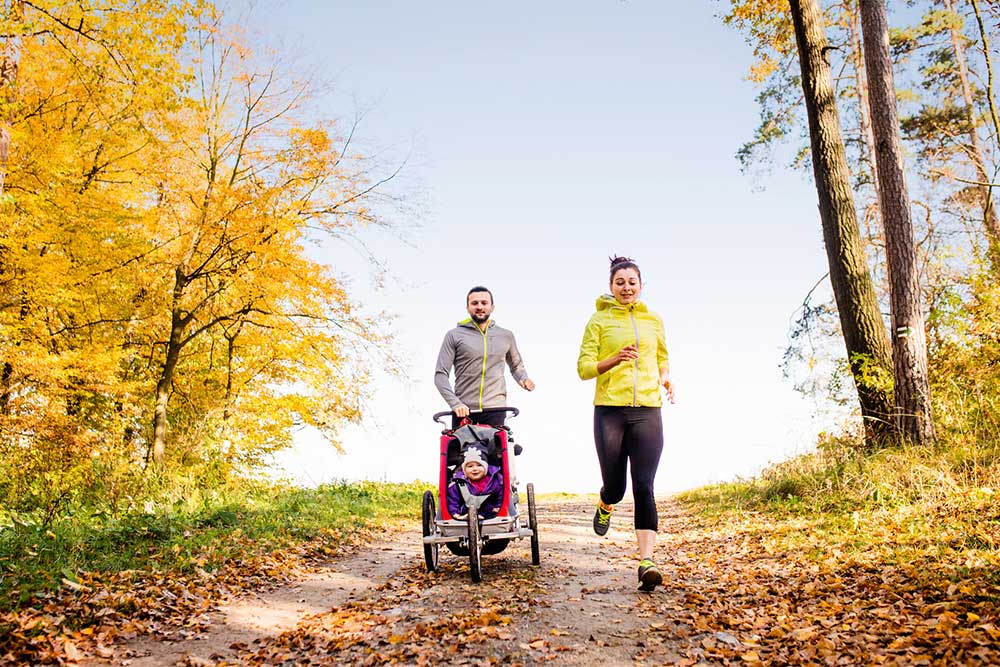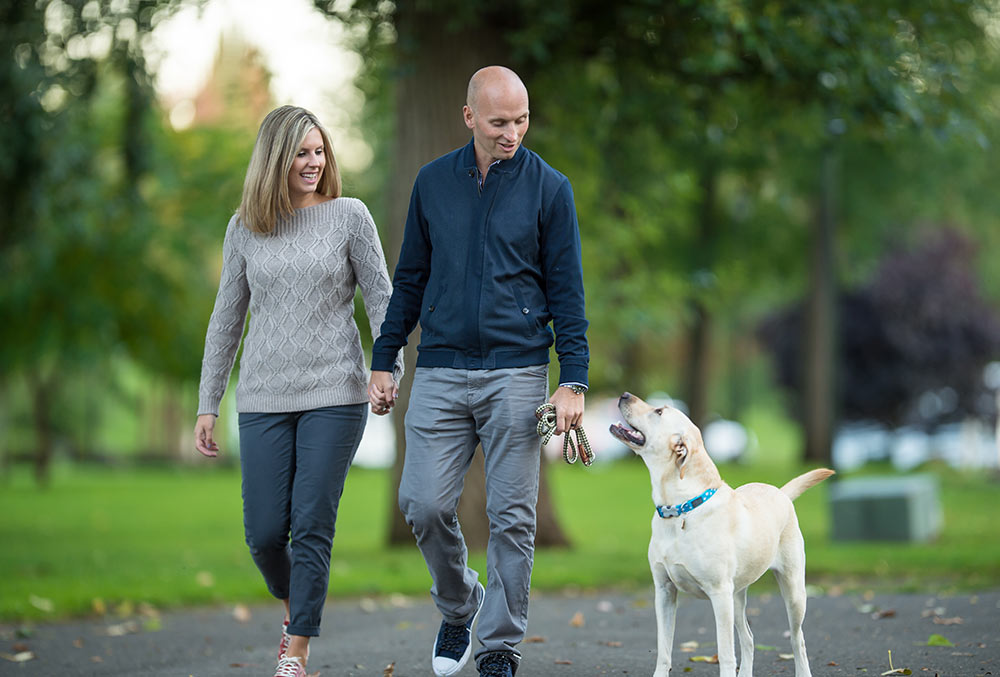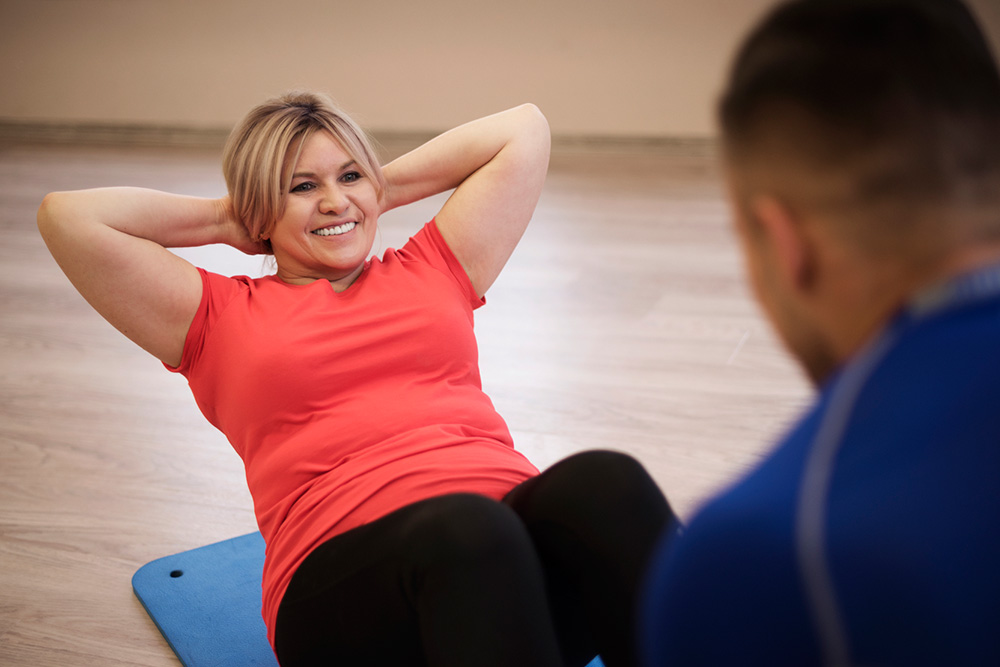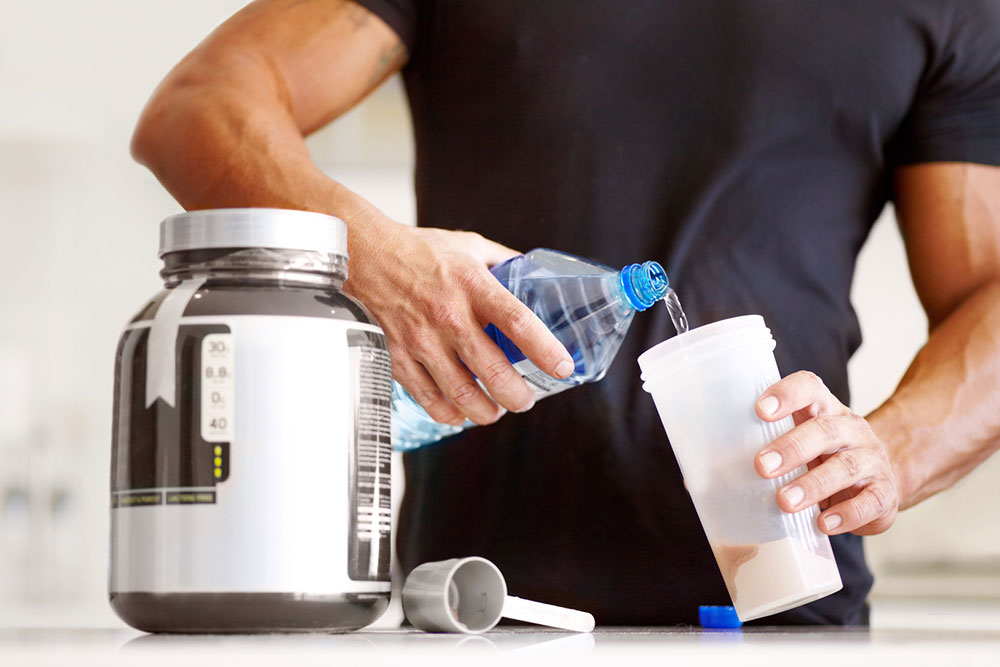Become A Runner at Any Age
Gillian White BSc, MSc, PhD Candidate University of Toronto Exercise Sciences Why society is telling you that you’re too old to run – and why society is dead wrong. Most health publications, including this blog, place the majority of the focus of health articles on the physical sciences: how to lose weight, how to increase












